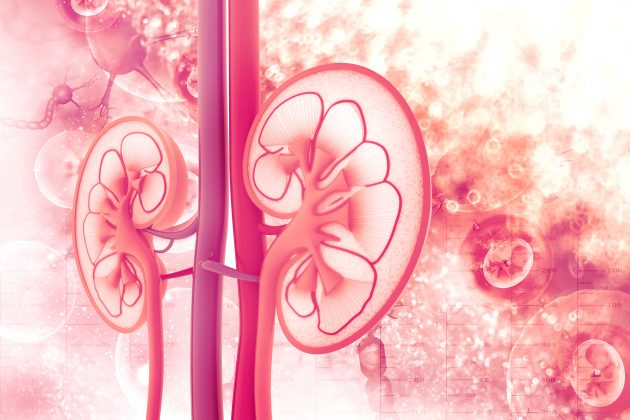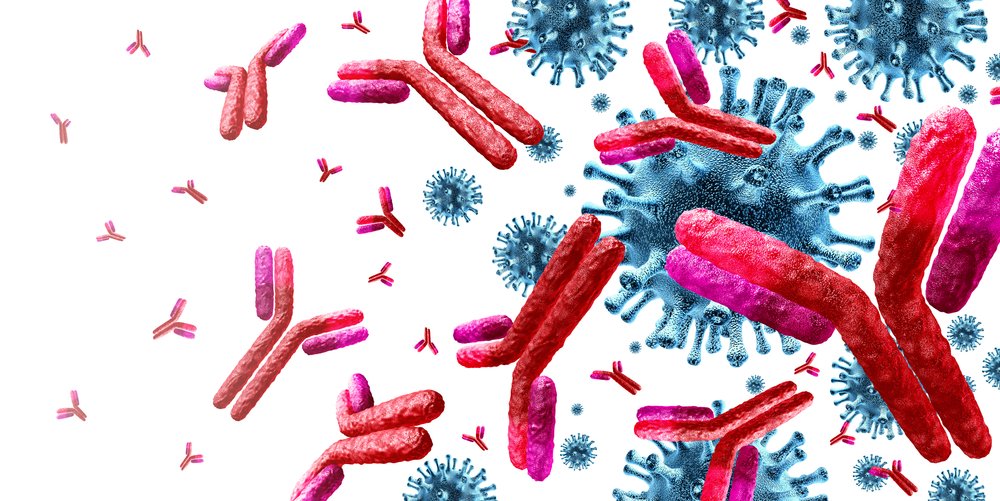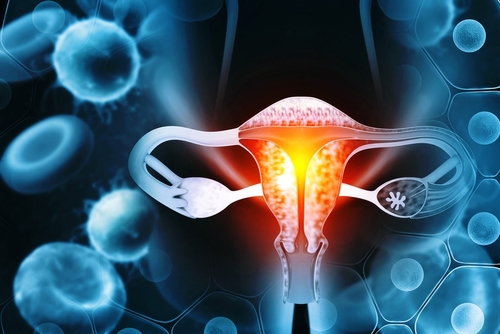Patients with COVID-19 commonly develop acute kidney injury (AKI). However, according to Danilo Candido de Almeida, PhD, and colleagues in Milan, Italy, there are few data available on the particular clinical and biochemical factors associated with progression of AKI in patients with severe COVID-19.
The researchers conducted a retrospective study that included 278 patients with COVID-19 who were admitted to the hospital and the intensive care unit between March 2020 and June 2020 at the University Hospital, São Paulo, Brazil. Inclusion criteria were age ≥18 years and COVID-19 confirmed on reverse transcription polymerase chain reaction. The Kidney Disease Improving Global Outcomes (KDIGO) criteria were used to define AKI.
Using univariate and multivariate analyses, the researchers assessed the incidence of AKI, several clinical variables, medications, and outcomes in two subgroups: (1) COVID-19 patients with AKI (Cov-AKI) and (2) COVID-19 patients without AKI (non-AKI). Results were reported online in PLOS One [doi.org/10.1371/journal.pone.0251048].
The cohort exhibited an elevated incidence of AKI (71.2%), distributed across stages of the KDIGO criteria. At hospital admission, there were higher levels of creatinine, C-reactive protein (CRP), leukocytes, neutrophils, monocytes, and neutrophil-to-lymphocyte ratio (NLR) in the Cov-AKI group than in the non-AKI group. In univariate analysis, there was an association between Cov-AKI and older age (>62 years), hypertension, CRP, mean cell volume, leucocytes, neutrophils, NLR, combined hydroxychloroquine and azithromycin treatment, use of mechanical ventilation, and vasoactive drugs.
In multivariate analysis, hypertension and the use of vasoactive drugs remained independently associated with the risk of higher AKI in patients with COVID-19. In addition, at hospital discharge, the study preferentially found an altered erythrocyte and leukocyte cellular profile in patients in the Cov-AKI group compared with the non-AKI group.
In conclusion, the researchers said, “In our study, the development of AKI in patients with severe COVID-19 was related to inflammatory blood markers and therapy with hydroxychloroquine/azithromycin, with vasopressor requirement and hypertension considered potential risk factors. Thus, attention to the protocol, hypertension, and some blood markers may help assist doctors with decision-making for the management of COVID-19 patients with AKI.”
Credit: Original article published here.










